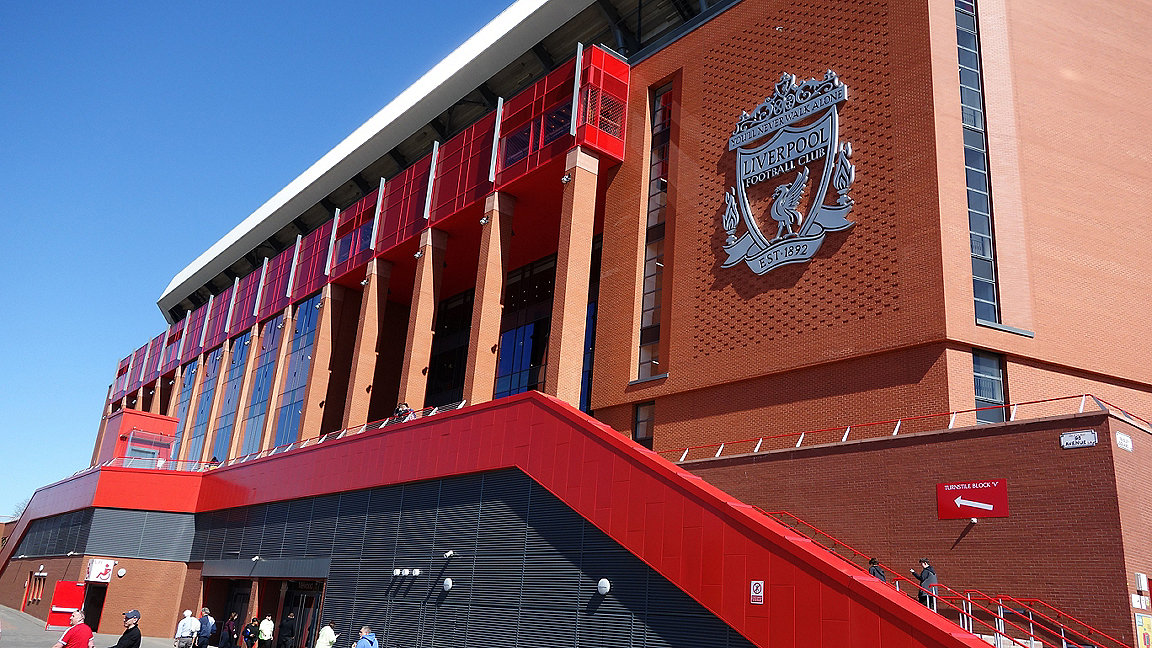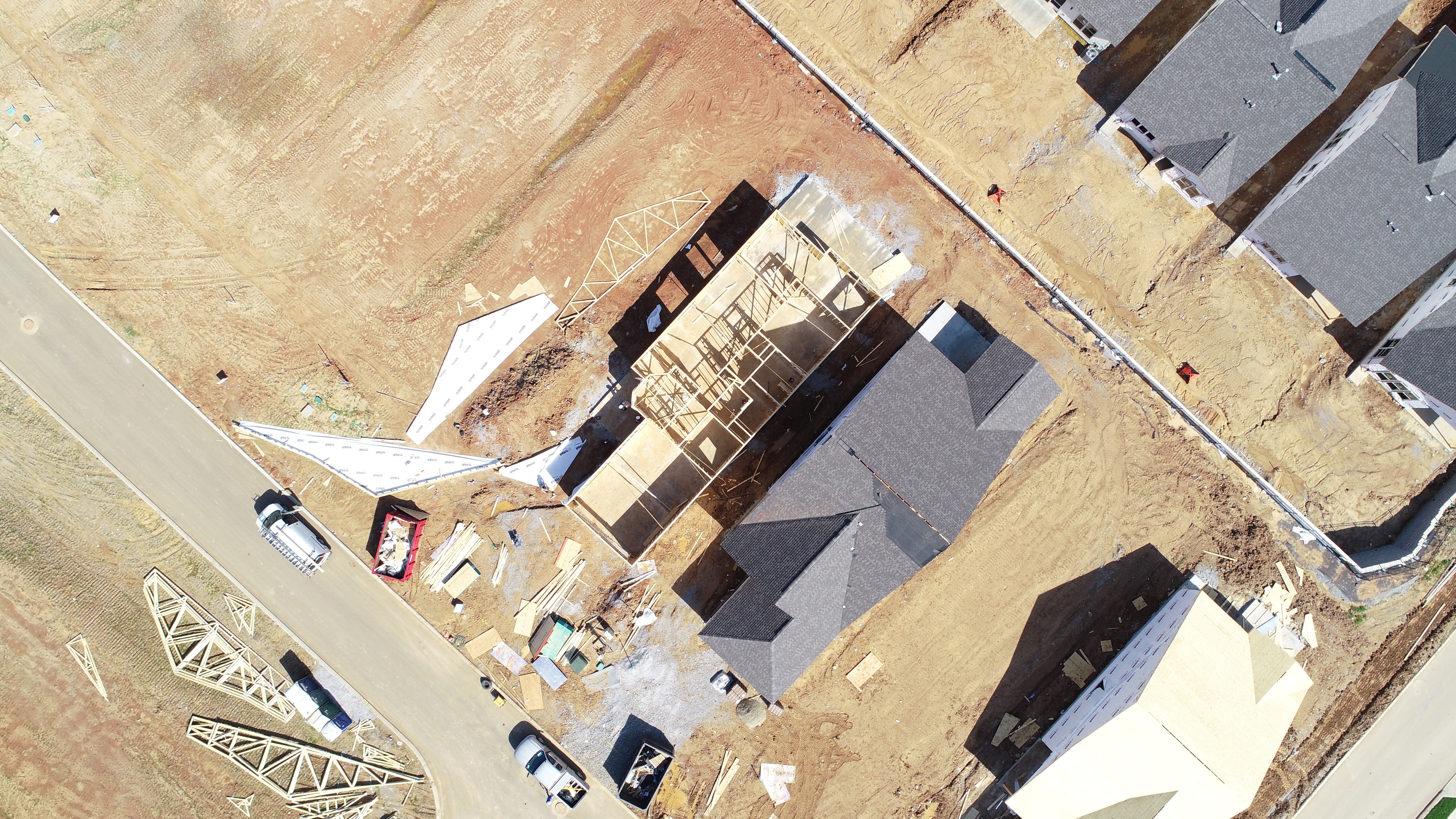
Of the estimated 6,000 corporate insolvencies expected in 2023, there is a fear that a significant number will be in construction.
Employers, contractors and their supply chains are expected to endure a tough year, continuing to face thin margins, significant cost inflation, and supply and labour shortages.
Economic pressures combine to force insolvency
This was the unfortunate reality for SD Samuels (Special Projects) Ltd. The Essex-based roofing and cladding contractor entered into administration earlier this year, midway through its work on Liverpool FC's new Anfield Road stand for main contractor Buckingham Group. Its demise highlights the speed at which financial distress can occur, and the severe consequences it can have.
A statement on SD Samuels' website by its CEO Fred Mills offered several reasons for the company's entry into administration. These included the following:
- two clients entering into administration themselves while owing the firm substantial sums of money
- having access to an overdraft facility removed by its lending bank
- increased material costs for projects on which it had been engaged on a fixed-price basis, preventing recovery of any rising expenditure.
The subcontractor's demise shows how firms can be dragged under by the bad debt of clients that fail. As companies in the supply chain go bust due to the multiple pressures they face, their unpaid contractual sums and claims compound the pressure for other firms.
When a company enters into financial distress, its bank or lender may pay closer attention to any facilities it allows the company to use – typically by imposing restrictions on the funds available or withdrawing access in full. This is often the case if the company has invoice financing, where a percentage of its invoices are funded by the lender in advance of receipt.
Collapse is salutary reminder of directors' duties
With the sector regularly topping the list of UK insolvency numbers by sector, it is important that directors of construction companies – whether employers, contractors or building surveyors – can spot the warning signs ahead of financial collapse.
Directors have certain duties, both under common law and as codified by statute. An important one is set in section 172(1) of the Companies Act 2006, which requires that 'a director of a company must act in the way [they] consider, in good faith, would be most likely to promote the success of the company for the benefit of its [shareholders] as a whole'.
Notwithstanding this primary position, when the directors think that the company is likely heading towards insolvency then their statutory and common law duties switch from acting in the best interests of the shareholders to acting in those of the company's creditors as a whole.
The fact that these duties in such scenarios are owed to creditors 'as a whole' is important: when financial distress ensues, certain actions taken in relation to the company's assets can typically be reviewed and challenged by any subsequently appointed insolvency practitioner. Such actions include, for example:
- paying certain creditors ahead of others
- repaying or granting inter-company loans
- transferring assets out of the company to other connected companies.
The principal position on insolvency is that creditors of the insolvent company should share in the assets of the company pari passu – literally, on an equal footing. As a result, a desire to prefer certain creditors may offend this position, as would a sale or disposal of property at an undervalue.
If such an offence occurs the insolvency practitioner is likely to be able to reclaim, on behalf of the insolvent company, the payments or property that had been disposed of. This insolvency practitioner may also have claims against the directors for breaches of their statutory and common law duties, sometimes referred to as misfeasance claims.
Directors must also cease trading once they know, or ought to have known, that there was no reasonable prospect that the company would avoid insolvent liquidation. If they keep trading regardless, such directors could be found guilty of the offence of wrongful trading under section 214 of the Insolvency Act 1986.
If guilty of wrongful trading, the directors may then be required to contribute personally to the insolvent company's assets, to the extent of the additional losses suffered by its creditors as a result of the directors' own actions.
Accordingly, if directors conclude that there is no reasonable prospect of continuing to trade the company solvently, they are required to take all necessary steps to mitigate further losses to creditors – including having to consider placing the company into an insolvency process.
Spotting the warning signs and taking action
SD Samuels' insolvency acts as a prime example of how suddenly severe threats to a company's solvency can arise. For those operating in the construction industry, it is essential to be able to spot the warning signs early, and then act quickly and decisively to keep the distressed company afloat. If that is not possible then it is important to stop the rot, before the wider project is threatened by the knock-on effects for the supply chain.
When financial distress occurs, directors must closely and regularly monitor the financial position of the company, and act quickly to seek appropriate financial and legal advice. This will give them the best chance of making the right decisions at the right time about the ongoing trading of the company – and help them ensure that they do not fail to fulfil their duties and run the risk of facing personal claims after an insolvency has occurred.
'It is essential to be able to spot the warning signs early, and then act quickly and decisively to keep the distressed company afloat'
David Greenwood is a senior associate at Pinsent Masons
Contact David: Email
Dre Efthymiou is a solicitor at Pinsent Masons
Contact Dre: Email
Related competencies include: Commercial management, Contract practice

